When we think of excavators, we often picture these mighty machines effortlessly digging through the earth’s crust, moving mountains, and reshaping the landscape. Behind the scenes, though, excavators rely on a complex network of components, and one of the most critical parts is the hydraulic cylinder. This unassuming but powerful component is responsible for generating the force needed to move the excavator’s arm and bucket. However, like any piece of machinery, excavator cylinders are not invulnerable. In this article, we’ll delve into the science of how these vital components can be easily damaged and explore ways to protect them.
The Anatomy of an Excavator Cylinder
Before we discuss the circumstances that can lead to excavator cylinder damage, let’s take a closer look at their anatomy. Excavator cylinders are essentially hydraulic actuators that convert hydraulic energy into mechanical force. They consist of a cylindrical barrel, a piston rod, seals, and hydraulic fluid. When hydraulic pressure is applied to one side of the piston inside the cylinder, it extends the piston rod, exerting force to move the excavator’s arm, bucket, or other attachments.
Circumstances Leading to Excavator Cylinder Damage
- Overloading: One of the most common causes of excavator cylindersdamage is overloading. Excavators are designed to handle specific weight and force limits. When these limits are exceeded, it places excessive strain on the cylinders. The hydraulic system may not be able to generate enough pressure to handle the extra load, leading to accelerated wear and potential damage to the seals and piston.
- Contaminated Hydraulic Fluid: The hydraulic system’s efficiency heavily depends on the quality of the hydraulic fluid. Contaminants, such as dirt, water, or particulate matter, can infiltrate the fluid and lead to damage within the cylinder. Abrasive particles can erode seals and surfaces, causing leaks and reduced performance.
- Corrosion: Excavators often operate in challenging environments, and exposure to corrosive materials or harsh weather conditions can accelerate the corrosion of cylinder components. Corrosion can lead to weakened structural integrity, resulting in leaks or failure.
- Misalignment: Proper alignment of components is crucial for the smooth operation of an excavator. Misalignment can cause uneven stress distribution on the cylinder, resulting in damage over time. This is often seen in older or poorly maintained machines.
- Inadequate Maintenance: Regular maintenance and inspections are vital for preserving the health of an excavator’s cylinders. Neglecting maintenance can lead to small issues going unnoticed, which can worsen over time and lead to severe damage.
- High-impact forces: Excavators are powerful machines that can exert considerable force during their operation. Hitting obstacles or large rocks with the bucket or arm can transfer high-impact forces to the cylinder, causing structural damage.
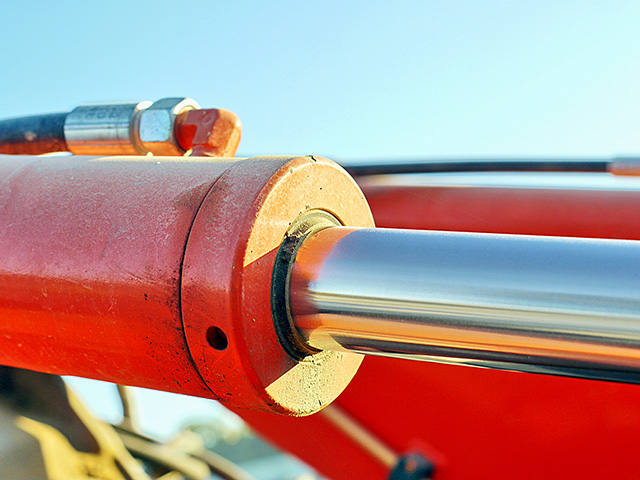
Preventing Excavator Cylinders Damage
To prevent excavator cylinder damage, equipment operators and owners should follow these best practices:
- Regular Maintenance: Implement a strict maintenance schedule that includes inspections, lubrication, and cleaning. This can help catch potential issues early on.
- Proper Training: Ensure that equipment operators are well-trained and understand the excavator’s limitations and capabilities.
- Appropriate Use: Avoid overloading the machine and practice safe operation techniques to prevent excessive stress on the cylinders.
- Hydraulic Fluid Quality: Maintain clean hydraulic fluid, and use the manufacturer’s recommended type and grade to prevent contamination.
- Environmental Protection: When possible, protect the excavator from harsh environmental conditions or corrosive materials.
Conclusion
Excavator cylinders are the unsung heroes behind the impressive capabilities of these construction machines. Understanding the circumstances that can lead to their damage is crucial for keeping excavators operating smoothly and efficiently. By following best practices for maintenance, operation, and hydraulic fluid management, operators and owners can extend the life of these vital components and minimize downtime, ultimately benefiting their bottom line and the environment. Excavator cylinders may be hidden from sight, but their role in shaping the world is undeniable.

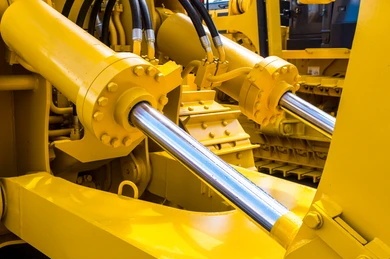
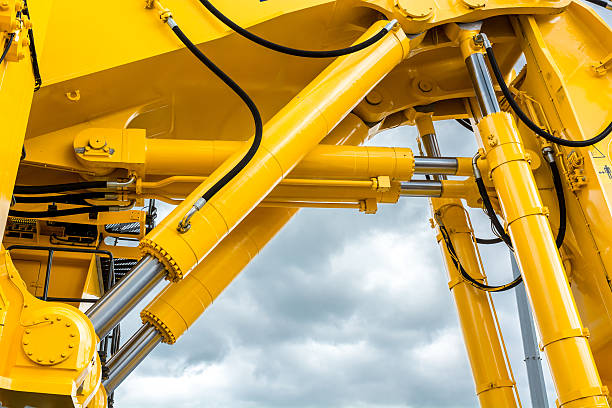

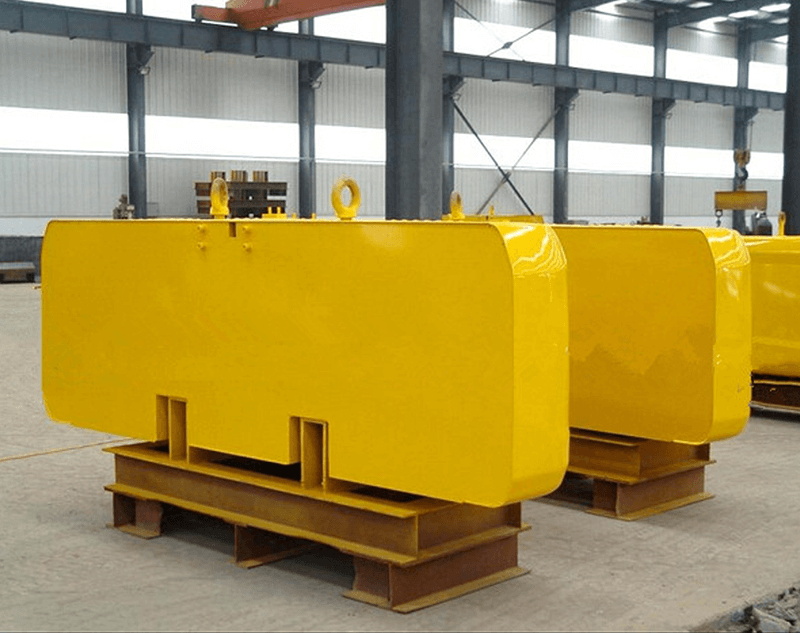

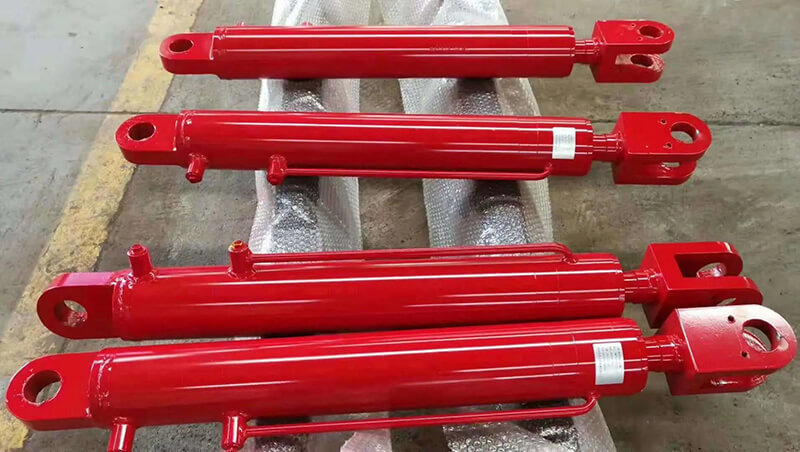
Leave A Comment